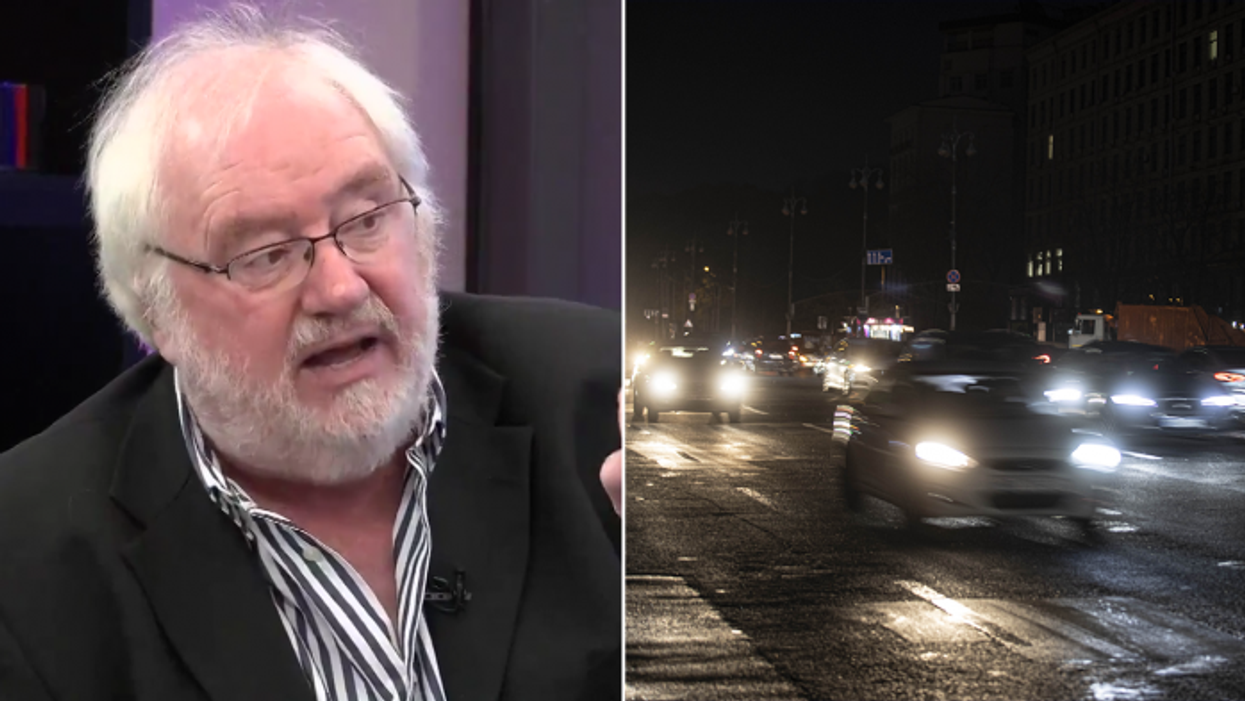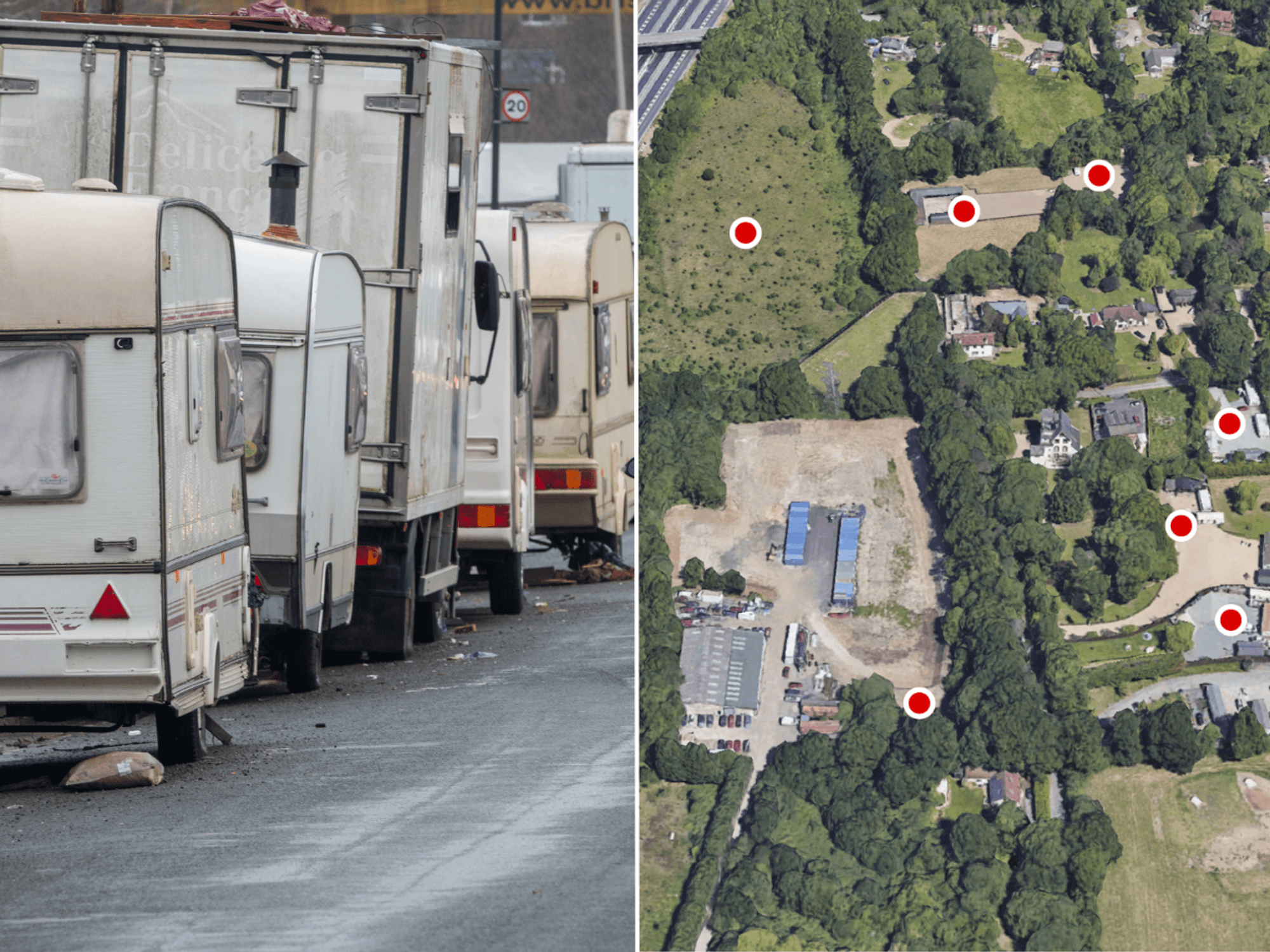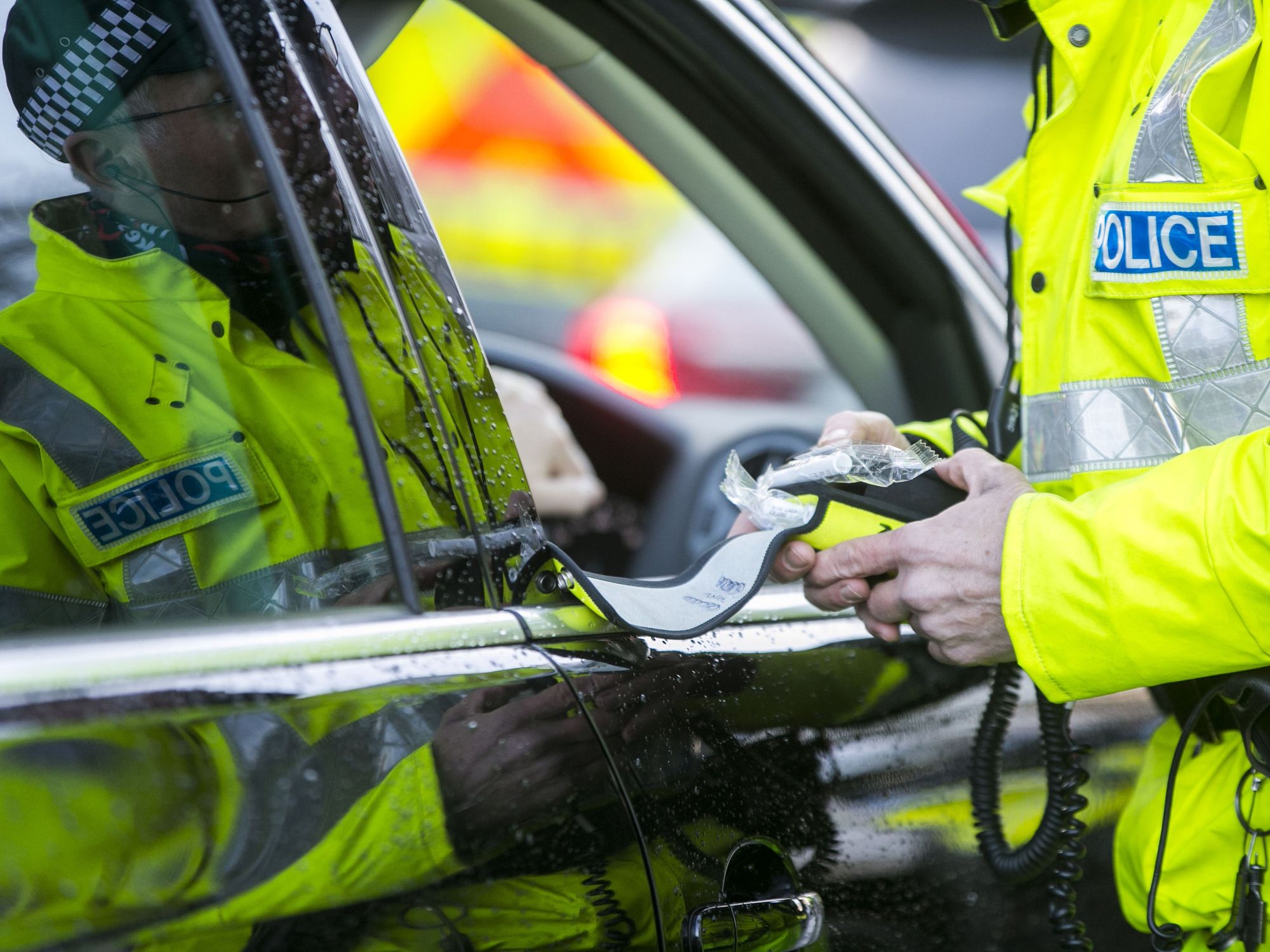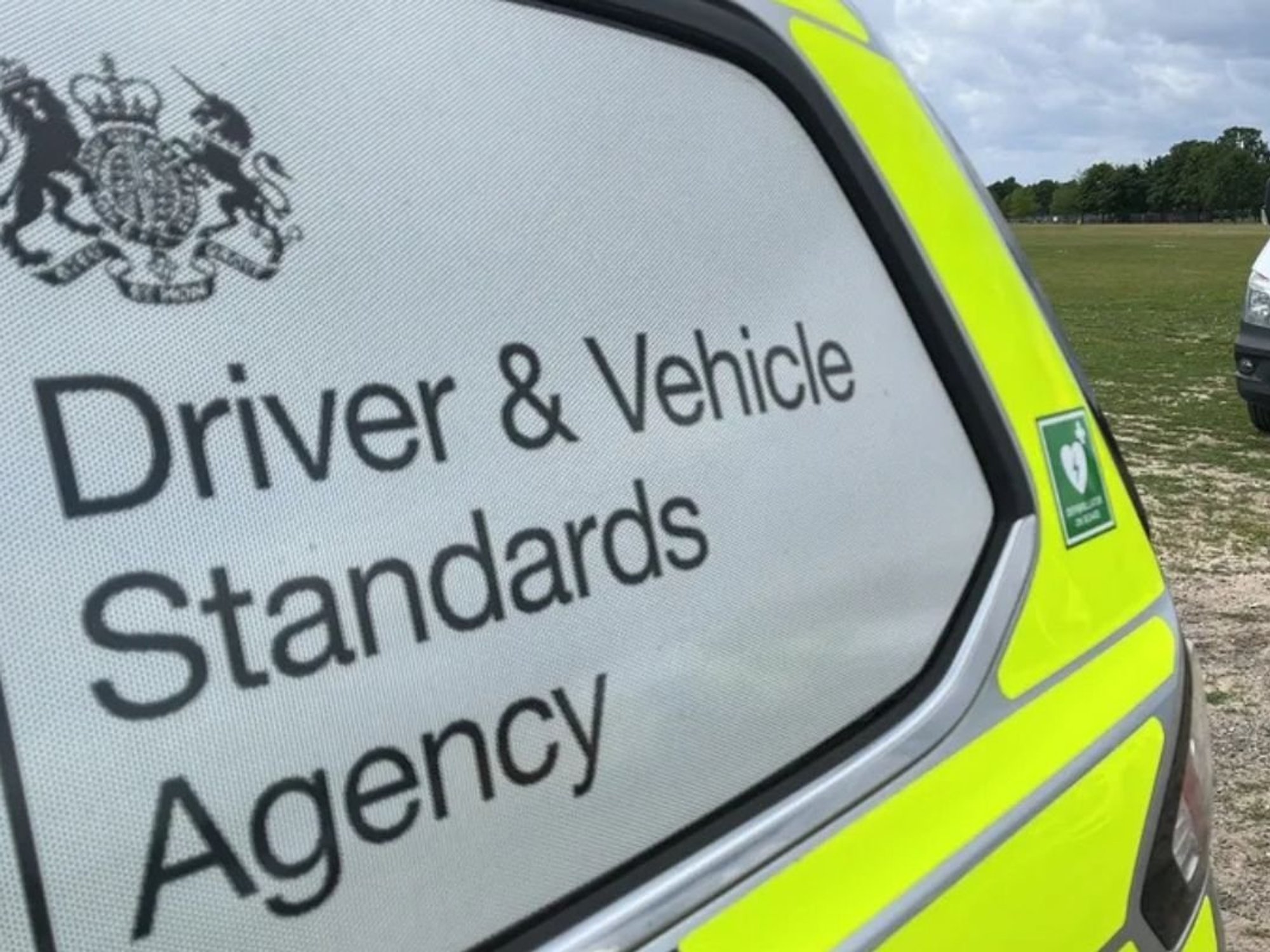Elderly drivers could 'lose their licences' without urgent eyesight law changes and new medical rules

'Elderly drivers renewing their licence at 70 or older must also report any medical conditions'
Don't Miss
Most Read
Experts are warning drivers to be aware of any changes to their ability to drive or they could face fines or even be prosecuted, as elderly drivers could fall foul of eyesight rules.
The Driver and Vehicle Licensing Agency (DVLA) recently updated guidance to motorists who may suffer from certain medical conditions that could affect their ability to drive.
Drivers are being told to inform the DVLA of their medical conditions, with the new guidance providing more information for those with a brain tumour, medulloblastoma, meningioma or a pituitary tumour.
Similarly, the DVSA plans to change laws to see whether changes can be made to deal with how the eyesight test is administered during a driving test. As part of its 2023-24 Business Plan, the DVSA is planning to engage with experts and look to unveil new changes this year.
Do you have a story you'd like to share? Get in touch by emailing motoring@gbnews.uk
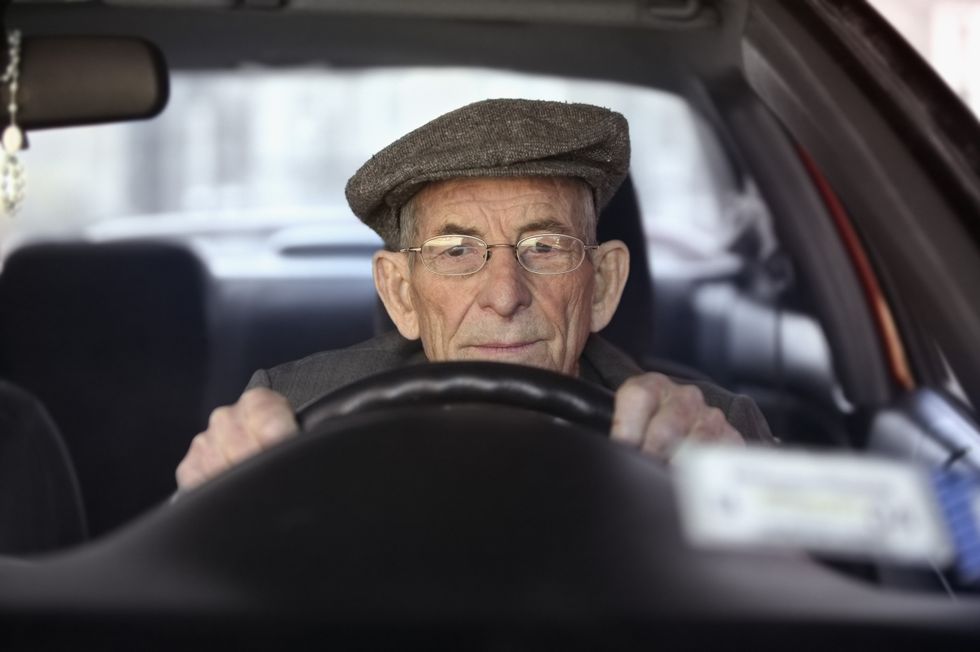
Elderly drivers are being urged to ensure they are following DVLA medical guidance
|GETTY
Motorists who do not report their medical conditions that could affect their driving to the DVLA could be at risk of being hit with a £1,000 fine. Drivers who are involved in a road traffic accident caused by their medical condition could even be prosecuted.
Peter Waddell, expert at BigWantsYourCar, commented on the new changes and the impacts it could have on older motorists across the UK.
He said: “Elderly drivers renewing their licence at 70 or older must also report any medical conditions.
“By keeping the DVLA informed about the potential impact of age-related health issues on driving, elderly drivers contribute to safer roads and the well-being of others."
“As the DVSA looks to review sight tests, drivers facing challenges with night vision may lose their licences.
“With an estimated 17 million motorists struggling to see at night, scrapping the reliance on good daylight vision for a stricter vision assessment will increase road safety, especially in low-light situations."
The expert highlighted how more common medical conditions could see a large number of drivers impacted, even if they are unaware of the rules around their ailments.
People who have conditions including sleep apnoea, diabetes and eating disorders are required to tell the DVLA about their condition.
The DVLA needs to be informed even if it may not seem like it directly impacts someone’s ability to get behind the wheel and stay on the road.
Other conditions which may be rarer, such as déjà vu, can also compromise the ability to drive safely and must be reported.
Peter Waddell added: “Labyrinthitis causes symptoms like dizziness, loss of balance, and vertigo.
“Severe episodes may result in nausea, vomiting, and hearing loss, which jeopardises a driver's ability on the road. If you experience labyrinthitis symptoms for three months or more you must notify the DVLA.”
LATEST DEVELOPMENTS:
- Apple set to launch new electric car in 2028 that could rival Tesla after ditching self-driving plans
- Clean Air Zones being rejected could provide a key lifeline for petrol and diesel drivers - analysis
- Drivers risk paying £300 extra for car insurance with calls for urgent law changes - 'This isn't right!'
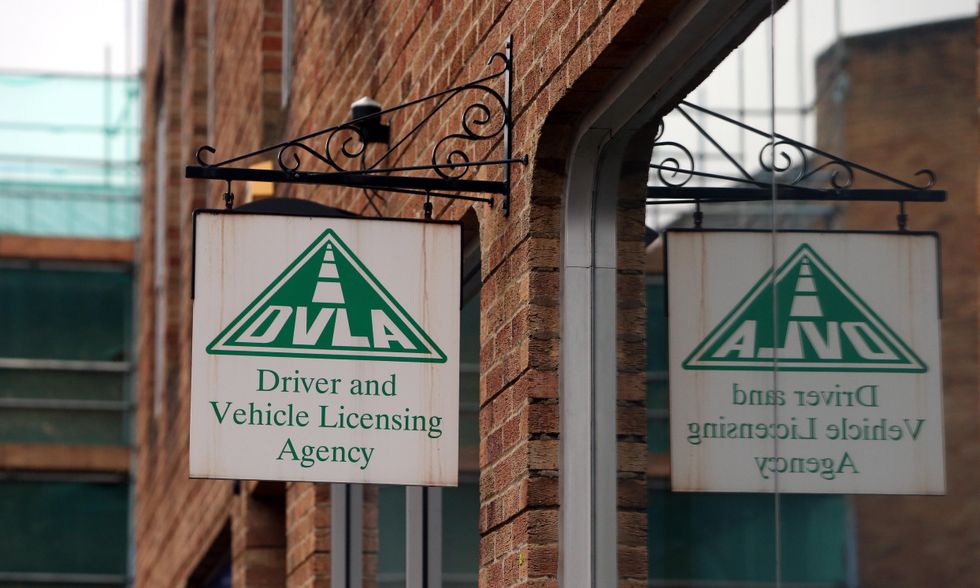
All motorists must inform the DVLA about their medical conditions if it affects their ability to drive
|PA
Motorists must surrender their licence to the DVLA if their doctor tells them to stop driving for three or more months, if their medical condition affects their ability to drive safely and lasts for three months or more, or if they do not meet the required standards for driving.
Once someone meets the medical standards for driving again, people will be able to apply to get their licence back.


